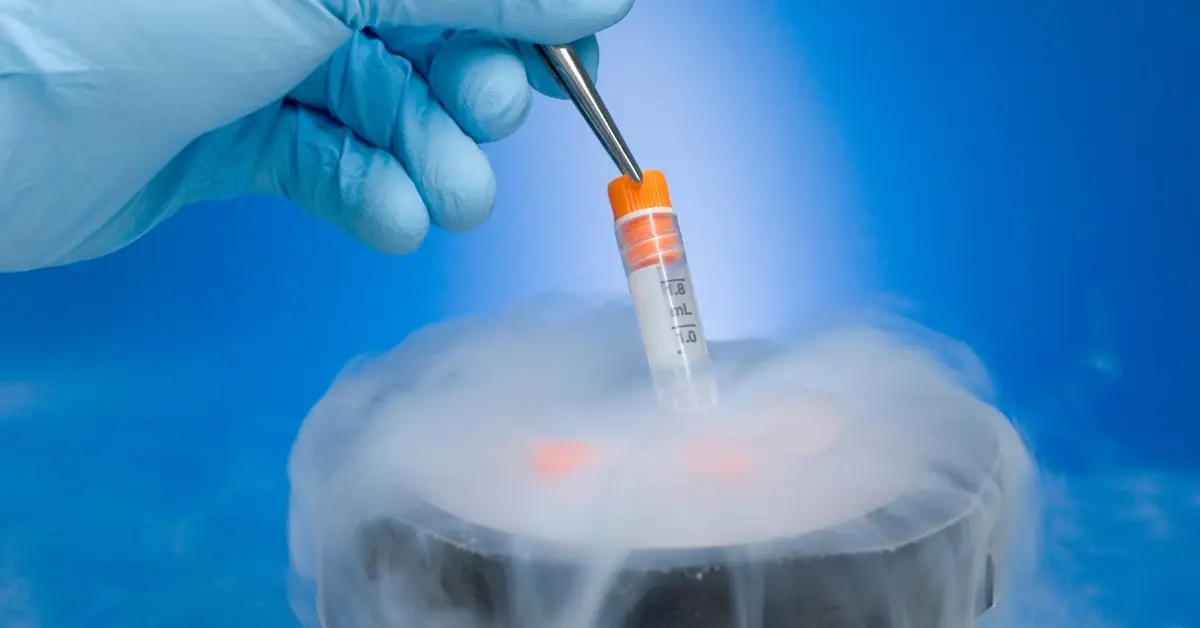The American Society of Gene and Cell Therapy brings together scientists, physicians, and patient advocates from across the globe to report on their latest findings, discuss research trends, and strategize on the best ways to bring new medicines to those in need.
2023 marks 26 years since ASGCT began holding annual meetings as a way to bring leaders in the world of cell and gene medicine together. This year features some of the most promising research trends yet, as researchers presented their work on vector design, solid tumor treatment, neurodegenerative disease, and much more.
Patient Advocacy
One of the key takeaways from ASCGT 2023 is that the meeting is not all about flashy science. Patients care is the driving force behind the scenes, but ensuring patient access to new medications presents challenges. Cell and gene-based therapies are resource-intensive, and consequently, cost is of the primary impediments to large scale adoption of these therapies. The first day of sessions was marked by an emphasis on the need to find strategies for improving access to treatments few patients can currently afford.
The American healthcare system is unfortunately not well-known for its expediency or pricing transparency. Healthcare providers are often slow to pick up on changes in healthcare modalities, and pricing is not standardized across the industry. However, when providers do focus on improving patients’ access to new treatments before they are federally mandated to do so, the result is improved clinical outcomes and thus lower long-term costs to both manufacturers and insurers. [1]
Patient advocates across the healthcare industry are dedicated to finding solutions that work for everyone. Balancing financial reality with transparency, evidence-based treatment decisions, and cost-sharing strategies can significantly improve access to life-saving medicines.
Cancer Immunotherapy
Since the first CAR T-cell therapy (Kymriah®) was approved in 2017, cancer immunotherapy has been a hot topic. Today, there are a whopping 2,756 cancer immunotherapy agents being tested in the clinic worldwide. [2] Newer generations of CAR T therapy incorporate multiple design updates aimed at improving important factors like transfection efficiency, efficacy against solid tumors, the ability to limit off-target effects, and obtaining prolonged duration of action.
Tuesday morning’s session on immune effector cells featured clinical research on the latest generation of CAR T cell treatments, as well as CAR NK cells, CAR M (macrophage) cells, tumor-infiltrating lymphocytes (TILs), and the latest TCR-based approaches. A few of the more notable presentations are described below:
- Stephanie Goff, a surgical oncologist at the US National Cancer Institute (NCI) presented her group’s remarkable work on the use of TILs to fight metastatic breast cancer. The treatment consists of adoptive cell therapy using patient tumor-derived lymphocytes that are re-infused into the patient after modification. Phase 2 clinical trials are testing the effectiveness of this approach in combination with the drug pembrolizumab (Keytruda), which works by blocking the effects of PD-1, a protein used by cancer cells as a protective mechanism.
- Michael Klichinsky of Carisma Therapeutics presented work from his group’s first-in-human trial of donor-derived CAR-Macrophages for the treatment of HER2 overexpressing solid tumors.
- Sneha Ramakrishna of Stanford University presented her group’s work on the treatment of brainstem tumors. The phase 1 clinical trial study relies on using CAR T cells directed against GD2, a protein highly expressed on brainstem-associated glioma cells.
Other Top Research Trends
While cancer prevention and treatment is certainly a top priority in the medical industry, it was not by any means the sole focus of the conference. Research into neurodegenerative disease and neuromuscular disorders are trending significantly this year, as scientists recognize the urgent need to find new medications and treatment modalities for these illnesses. Following are just a few highlights of the trending focus topics:
- Krystof Bankiewicz gave a presentation on developing viral vector-based gene therapies for movement disorders such as Parkinson’s disease. Researchers hope to see if gene transfer can help deliver critical proteins that are lacking into the area of the brain that is damaged by Parkinson’s.
- Clive Svendsen spoke about a combined cell and gene therapy approach being investigated for the treatment of ALS.
- Alice Huang described her team’s work on regenerative and non-regenerative healing of musculoskeletal tissues, and specifically on deriving tendon progenitor cells from pluripotent stem cells.
- Alexandra Piotrowski-Daspit gave a presentation on the use of a systemic nanoparticle delivery system to restore lung function for the treatment of cystic fibrosis.
Manufacturing and Development
The manufacturing and development of CGT therapies faces unique challenges due to the inherent ability of living cells to respond to their environment. Each part of the process should be optimized with the goal of manufacturing a consistent, effective product. The team at Nucleus Biologics hosted a poster presentation on NB-ROC™ T-cell culture media to illustrate how culture media and supplements can be used to boost CAR transduction efficiency, thus creating more effective CAR T cell products.
Nucleus Biologic’s partner at the Center for Breakthrough Medicines also took the opportunity to showcase their respective expertise at the meeting’s Thursday afternoon sessions.
The Center for Breakthrough Medicines (CBM) was proud to host a symposium on how innovative products and digitization can be used to simplify supply chain workflows and accelerate CGT development and the transition to commercial production. CBM is an early adopter of KrakatoaTM, Nucleus Biologics’ point-of-use cell culture media maker, a relatively new technology poised to significantly lower the overall cost and environmental impact of the cell culture media industry.
Nucleus Biologics is at the forefront of a paradigm shift in the role cell culture media plays in improving critical quality attributes of advanced medicines. Check out our website to find out how AI-guided media customization translates to therapeutic success!
References
- Psotka et al. Challenges and Potential Improvements to Patient Access to Pharmaceuticals. Circulation, 142 (8). 2020.
- Saez-Ibañez, et al. Landscape of cancer cell therapies: trends and real-world data. Nat Rev Drug Discov. 21(9):631-632. 2022.




